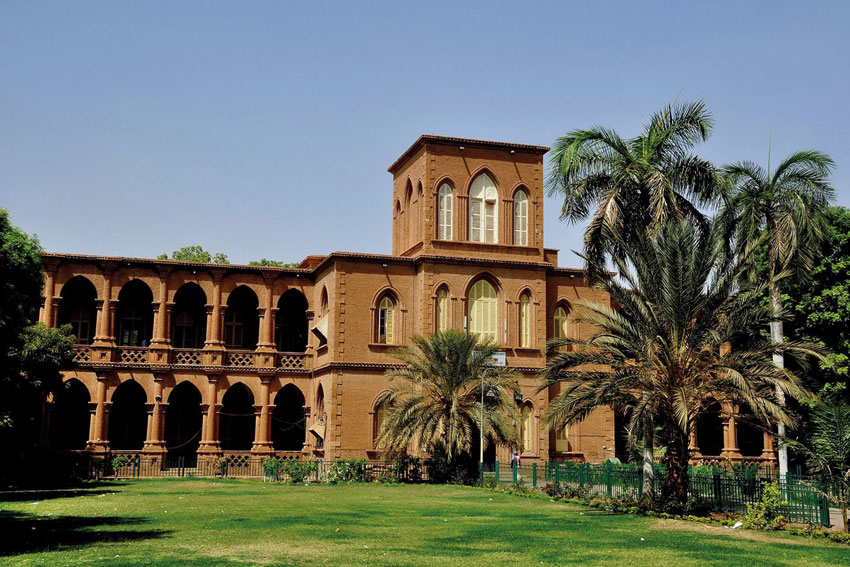Sudan is setting out to further increase investment in its young people

According to an International Monetary Fund press statement released on June 29, “remarkable progress” has been made towards restoring macroeconomic stability and strengthening economic growth in Sudan. Such progress is largely thanks to shrewd reforms which have focused on diversifying the economy away from oil.
But economic diversification not only relies on the development of alternative sectors, but also on the development of human capital. This is something the government has come to realize as it works to rebuild the country. A key policy approach of the government is to increase investment and access to education. As a result, the number of children of primary school age enrolling in education has risen from 46% in 2003 to beyond 70% in 2013, according to a study by the Ministry of Education. The study also finds that, on average, 90% of all children in northern Sudan have now had access to formal schooling since 2010.
Better access to schools has not only been helped by better public investment but also through programs such as the World Bank’s Basic Education Project (BEP), an initiative that has sought to address the challenge of leveling regional disparities in access to education.
“The challenges ahead for Sudan relate not only to further reducing inequities in access, but also in improving the efficiency of the education system to produce young adults equipped with the skills and knowledge to secure their livelihoods and contribute towards their society,” says the World Bank in a recent study.
While such challenges still remain, the progress being made at the base of the education system already seems to be having the desired positive effect further up the system, with the number of students accepted at universities across the country also rising substantially.
Today there are more than 500,000 students in university, up from 50,000 students in the 1990s. This tenfold increase in the number of higher education entrants has largely been down to increased investment and funding made for the construction and running of institutions.
This substantial investment in tertiary education has allowed Sudan to not only provide for its own students, but also to open its doors to international alumni. It is now a popular destination for students from countries as diverse as Nigeria, Chad, the United Kingdom, Indonesia and Malaysia.
With such large gains made in such a relatively short space of time, Sudan is setting out to further increase its investment in its people. A better educated and higher skilled population is a surefire way to ensuring the country continues its economic renaissance.

Young Sudanese enjoy a coffee break from study (Source: book published by the Minister of Information, Rep. of Sudan)
0 COMMENTS